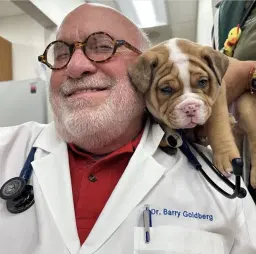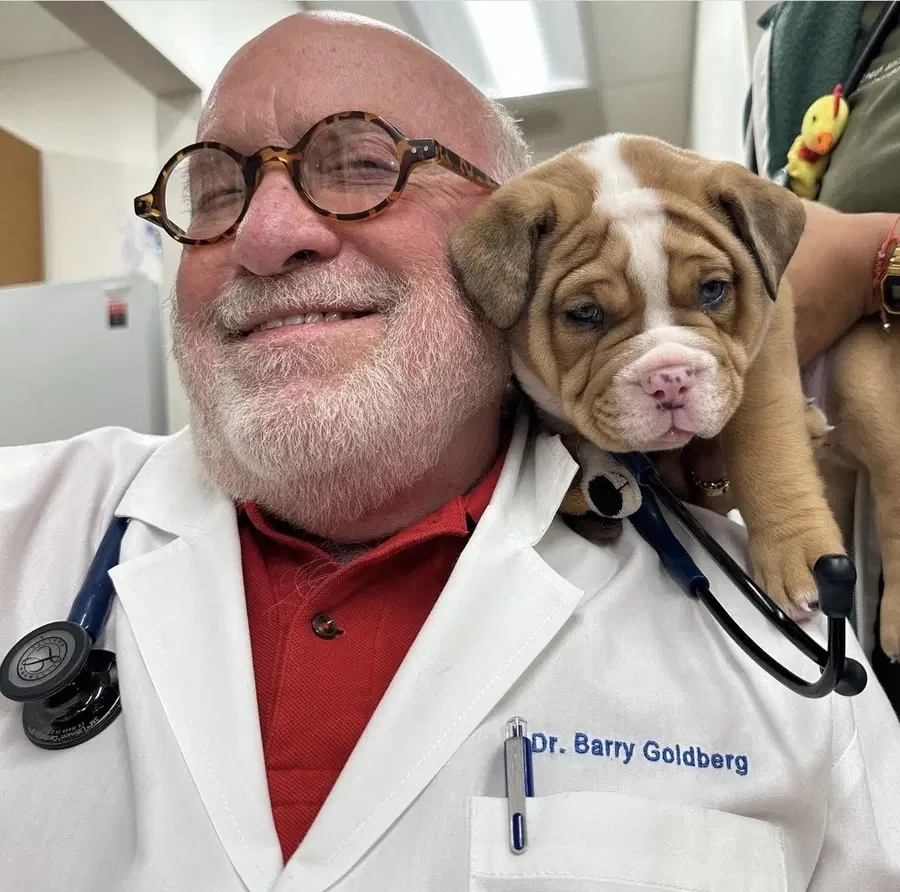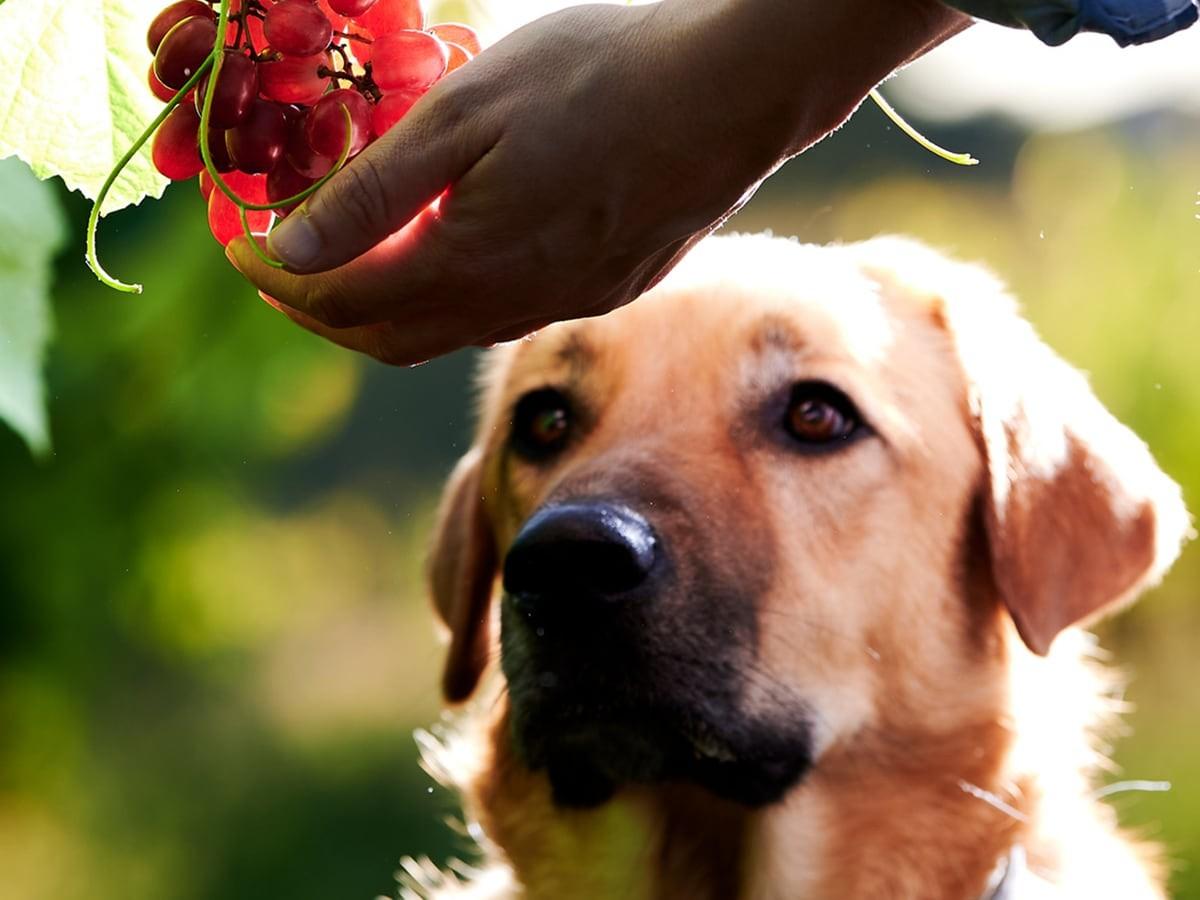Grapes may seem like a harmless and refreshing snack for humans, but for our canine companions, they can be a hidden danger. Grapes and raisins are highly toxic to dogs and can lead to serious health consequences, including acute kidney failure.
Why Are Grapes Toxic to Dogs?
While the exact toxic substance in grapes remains unknown, research suggests that dogs cannot metabolize tannins, flavonoids, and monosaccharides found in grapes, potentially leading to toxicity. Ingesting even a small amount can trigger a severe reaction in some dogs.
How Many Grapes Can Be Toxic to Dogs?
There is no safe number of grapes or raisins for dogs. Even a single grape or raisin can be potentially fatal for some dogs. Therefore, it's crucial to avoid feeding grapes or raisins to your dog in any quantity.
Signs and Symptoms of Grape Toxicity in Dogs
Symptoms of grape toxicity can vary in severity and onset time. Some dogs may show signs within a few hours of ingestion, while others may not exhibit symptoms for several days. Common signs include:
Loss of appetite
Lethargy and weakness
Vomiting and/or diarrhea
Increased thirst and urination, or a decrease in urine production
Dehydration (dry nose, pale gums)
In severe cases, grape toxicity can lead to acute kidney failure, characterized by:
Lethargy and weakness
Dehydration
Lack of appetite
Bad breath
Seizures
Diagnosing and Treating Grape Toxicity
If you suspect your dog has eaten grapes or raisins, immediate veterinary attention is crucial. Your veterinarian may induce vomiting to remove the grapes from your dog's system, administer activated charcoal to minimize toxin absorption, and provide supportive care with IV fluids and medications to manage symptoms.
Protect Your Pet with Pet Insurance
Spot accident and illness coverage can be applied at any vet in Canada or the U.S. Whether you are home, or traveling abroad, veterinary services your pet receives for the diagnosis, treatment, or management of eligible conditions can be eligible for reimbursement. Spot’s accident and illness plan covers a variety of conditions including; broken bones, lacerations, aggression, kidney disease, diabetes, and more. With the addition of Wellness Riders you can also receive reimbursements for wellness exams, certain vaccinations, dental cleanings, and more. Visit our website today to learn more about dog insurance or get a free quote.
Preventing Grape Toxicity
The best way to prevent grape toxicity is to keep all grapes and raisins, including grape products like juice, jelly, and jam, out of your dog's reach. Be mindful of potential sources of grapes in your home and yard, and educate family members and friends about the dangers of feeding grapes to dogs.
By understanding the risks and taking preventative measures, you can help ensure your dog's safety and well-being. Remember, when it comes to grapes and dogs, it's always better to be safe than sorry.

Dr. Goldberg (DVM) has owned and operated 12 animal hospitals throughout his career and served as Senior Director of Innovation, designing medical products to be utilized in animal hospitals. Today, he provides dental services to 75 pet stores and salons.
“Can Dogs Eat Grapes and Raisins? Are Grapes Poisonous to Dogs?” American Kennel Club, 7 Nov. 2022, www.akc.org/expert-advice/nutrition/can-dogs-eat-grapes/.
Weishaupt, Jeffrey. “All about Grape Poisoning in Dogs and How to Avoid It.” WebMD, 9 Feb. 2025, www.webmd.com/pets/dogs/why-dogs-cant-eat-grapes.
The information presented in this article is for educational and informational purposes only and does not constitute or substitute for the advice of your veterinarian.












